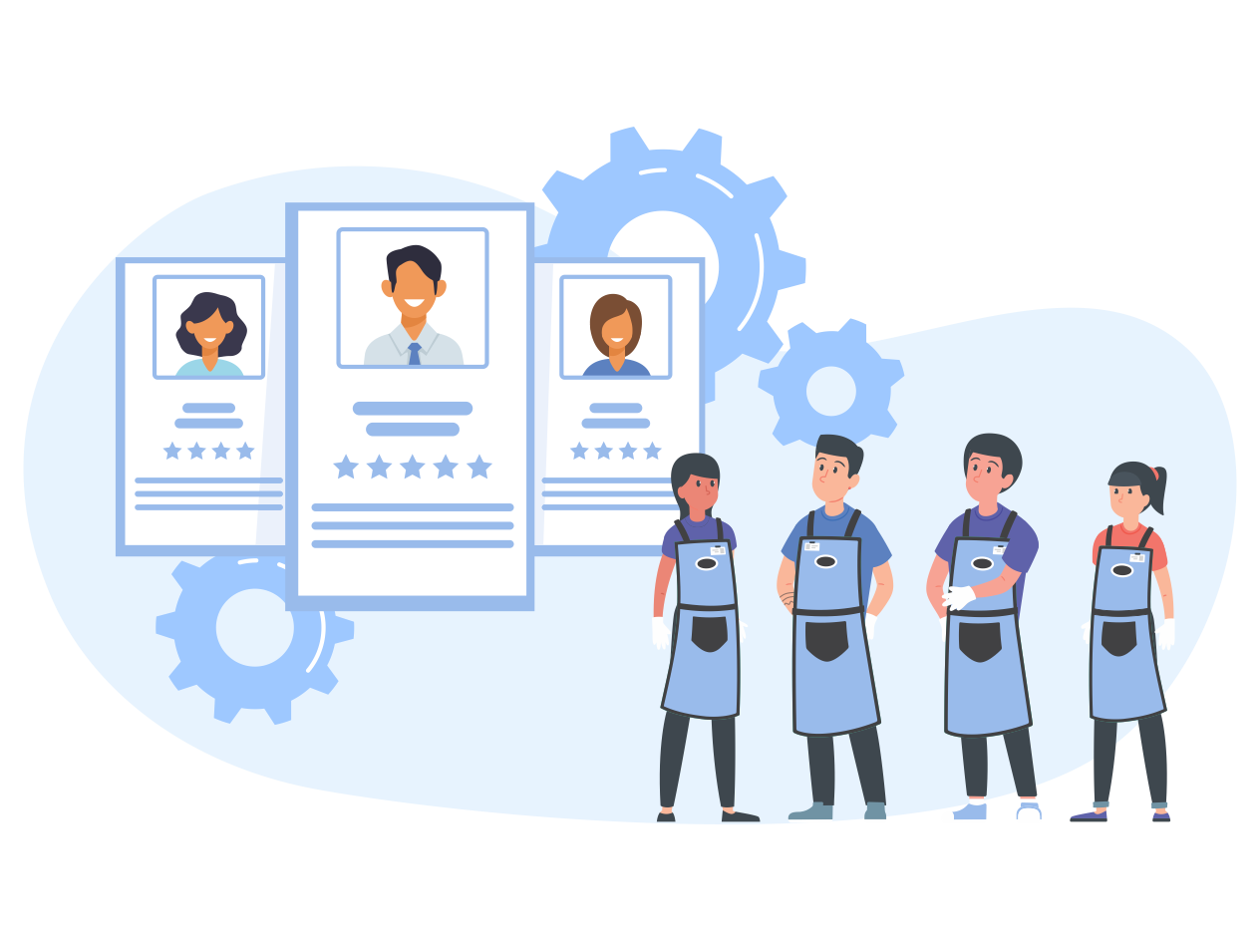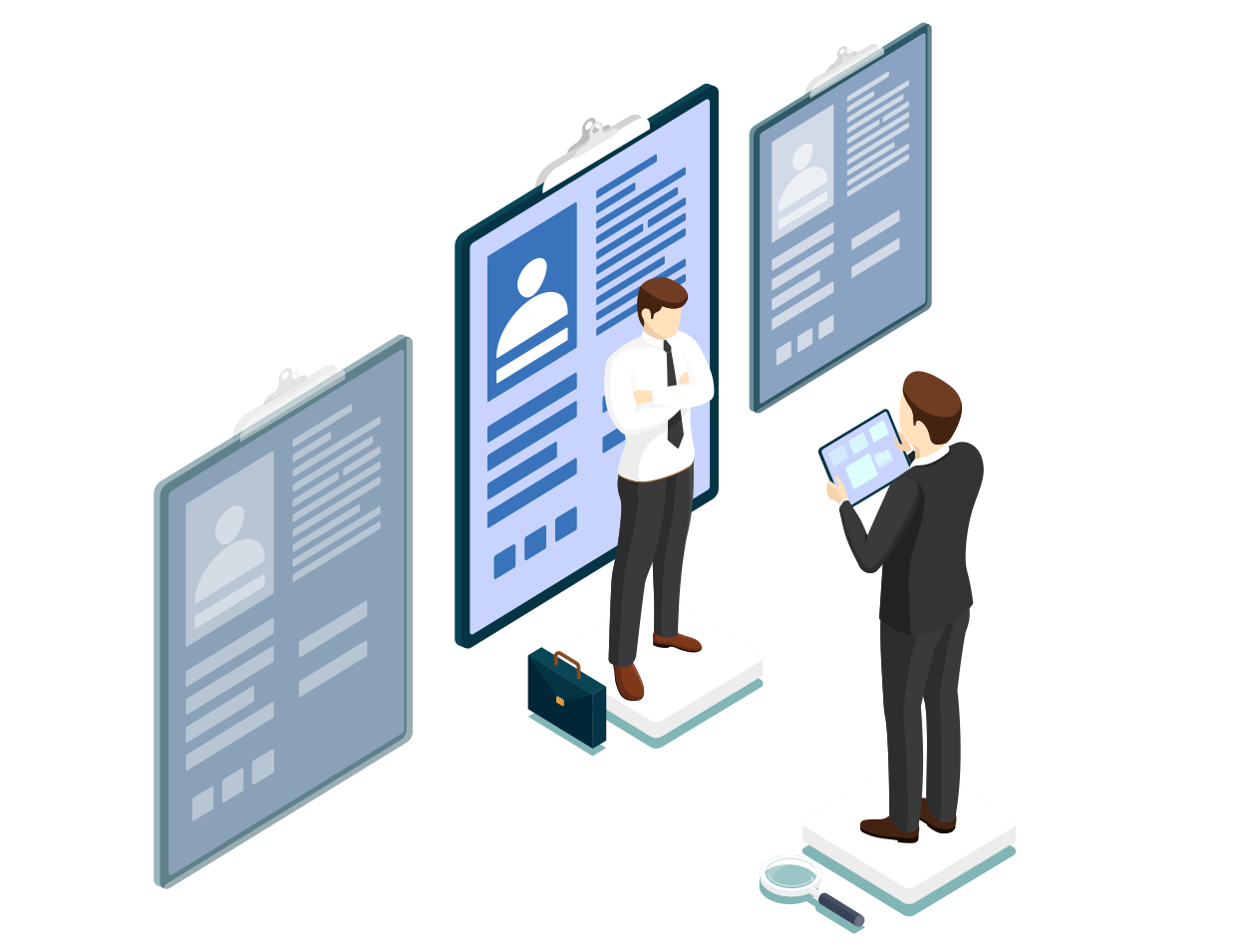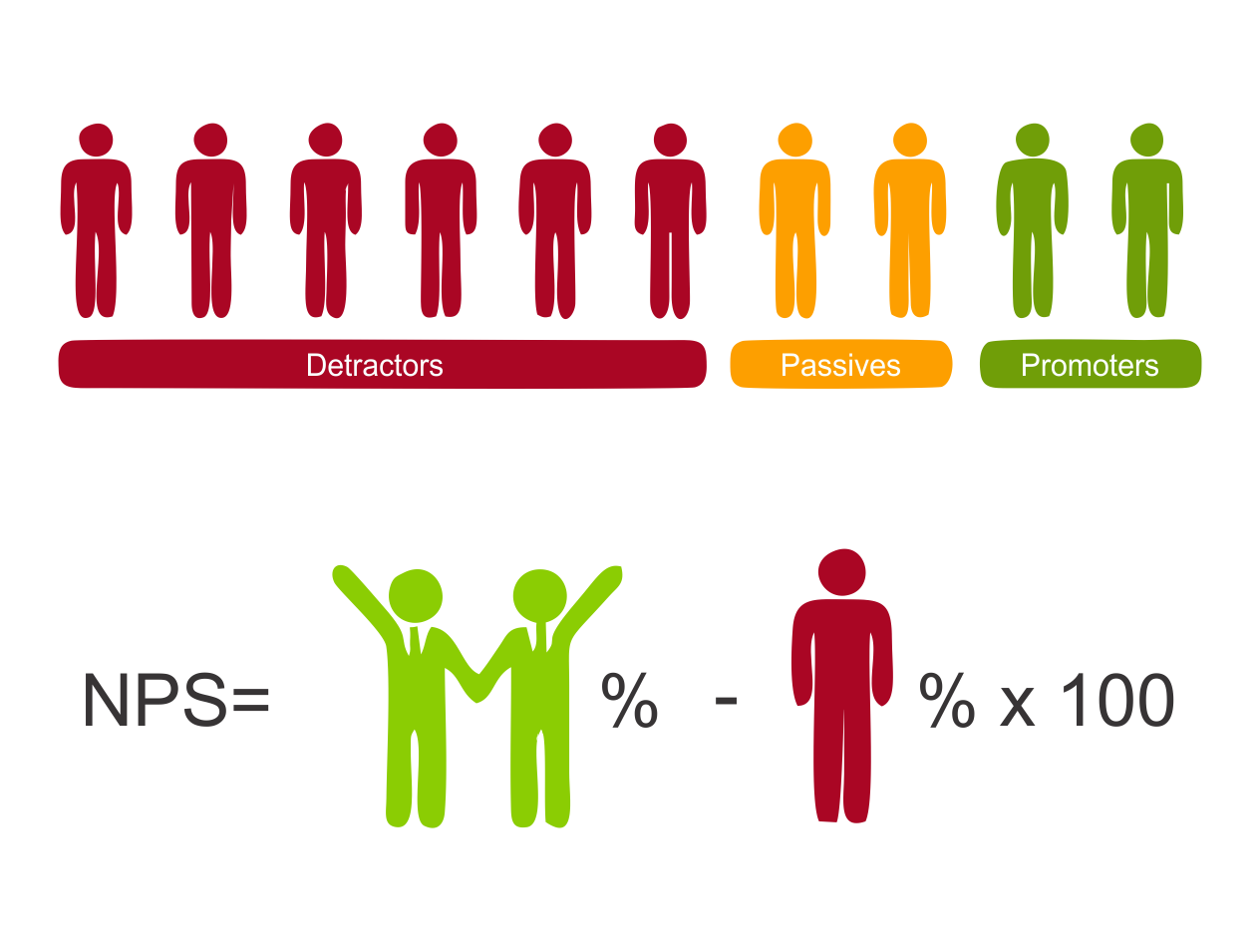An elderly healthcare startup made use of constraint based optimization to serve the elderlies.
The client is an elderly healthcare provider. Their business model is to have caregivers with specialities on their payrolls and assign them to customer requirements on a weekly basis. Since they operate in three bigger cities in India – one of the major challenges is to assign a caregiver with considerations of commute time, ease of transportation and customer preference around gender, age and few other attributes. The client is looking to personalize assignments and improve CX.
Data driven healthcare
The client used attribute based matching of caregiver and patients to improve attendance, job satisfaction of caregivers and improved experience from the customers.
- Reduced no-show cases by 16% and a daily attendance by 6%
- Increased duration of care by 2.3 days/customer on an average
- Increase in repeat bookings by 2.3% over a 3-month pilot
The client has been able to solve a major operational issue leading to visible benefits to their business and improved satisfaction and word of mouth promotion.
Inefficient and inconsistent assignment process.
The elderly healthcare client was grappling with a lot of operational issues around caregiver assignment and frequent no-shows and absence from work. They were investing a significant time and money on training these caregivers - and availability of trained staff was a problem. Due to absentees , the customer satisfaction was also proving to be a challenge due to unreliability and other issues withthe caregivers.
The root cause of the operational issues was the assignment of caregivers to jobs that were not suitable for them- either due to difficulty to reach an assignment location, or hassles in reaching a location. Commute time, and consequently the cost of commute was acting as a trigger for no-shows and absence from work. Additionally, customers usually have some specific requests related to the caregiver.
Personalized scheduling for better customer experience
The client set up a system to capture customer requests, and specific instructions about the caregiver experience, gender, age and few other attributes at time of booking a request.
Similarly, they had developed a system to capture the caregiver concerns in the form of preferred areas, time slots and few other factors.
With both these data sources, we developed a personalization algorithm using a scoring system to score caregivers against bookings. The algo was able to recommend the preferred caregivers for each booking.
This output was used to evaluate the performance of caregivers and satisfaction levels of customers – and both were found to improve - providing the client a template to improve business outcomes.




